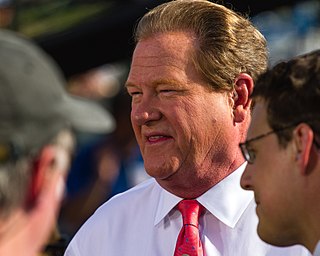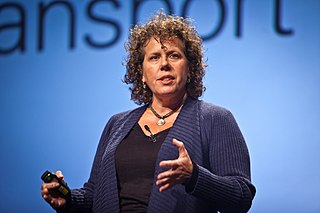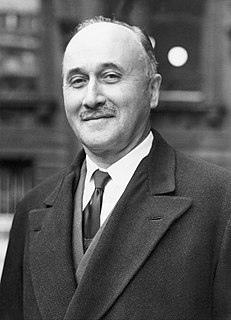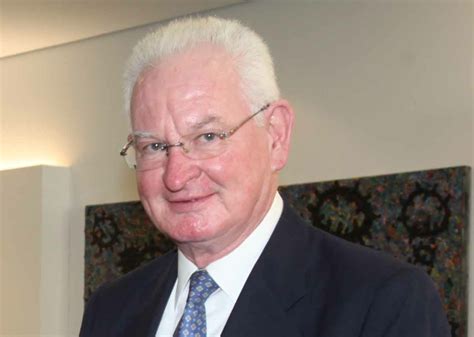A Quote by Amory Lovins
In the model that we grew up with, governments rule physical territory in which national economies function, and strong economies support hegemonic military power. In the new model, already emerging under our noses, economic decisions don't pay much attention to national sovereignty in a world where more than half of the one hundred or two hundred largest economic entities are not countries but companies.
Quote Topics
Attention
Companies
Countries
Decisions
Economic
Economies
Emerging
Entities
Function
Governments
Grew
Grew Up
Half
Hundred
Largest
Military
Military Power
Model
Model T
More
Much
Much Attention
National
National Sovereignty
New
Noses
Our
Pay
Physical
Power
Rule
Sovereignty
Strong
Support
Territory
Than
Two
Up
Which
World
Related Quotes
Nations are political and military entities, and so are blocs of nations. But it doesn't necessarily follow from this that they are also the basic, salient entities of economic life or that they are particularly useful for probing the mysteries of economic structure, the reasons for rise and decline of wealth. Indeed, the failure of national governments and blocs of nations to force economic life to do their bidding suggests some sort of essential irrelevance.
In the nearer term, the likeliest source of risk is a conflict between China and the U.S. These are now the two largest economies in the world, and the combination of their economic interdependence, the sharp differences in their political and economic values, and the growing divergence in their interests makes this relationship potentially dangerous for everyone who might be affected by it - which means pretty much everyone.
It took the national debt two hundred years to reach $1 trillion. Supply Side Economics quadrupled the national debt to over $4 trillion in twelve years (1980-1992) under the Republicans. Bill Clinton actually paid down the national debt. How did he do it? He raised taxes. It produced the longest sustained economic expansion in U.S. History.
There will be no peace in Europe if the States rebuild themselves on the basis of national sovereignty, with its implications of prestige politics and economic protection... The countries of Europe are not strong enough individually to be able to guarantee prosperity and social development for their peoples. The States of Europe must therefore form a federation or a European entity that would make them into a common economic unit.
Growing economies are critical; we will never be able to end poverty unless economies are growing. We also need to find ways of growing economies so that the growth creates good jobs, especially for young people, especially for women, especially for the poorest who have been excluded from the economic system.




































